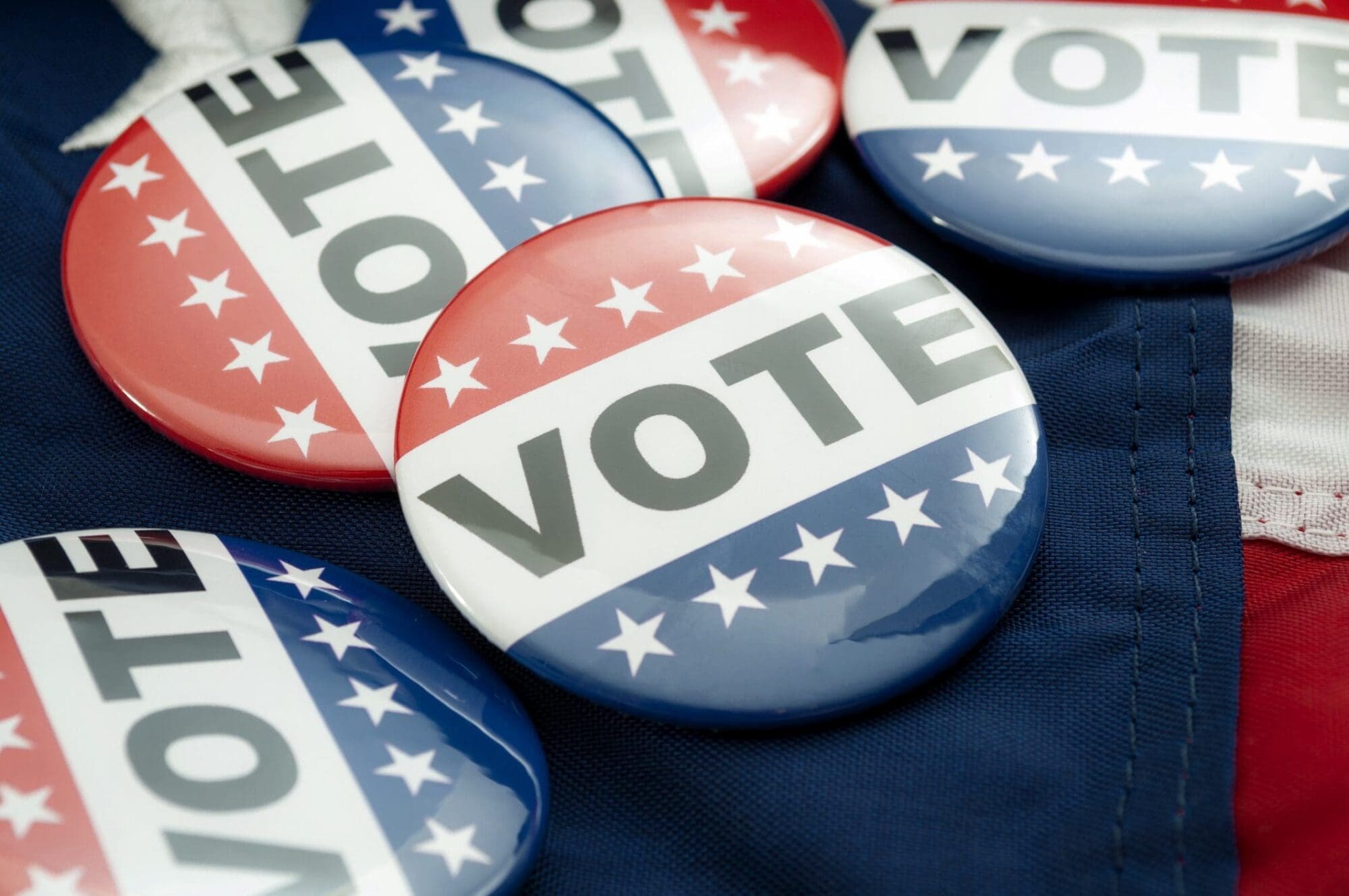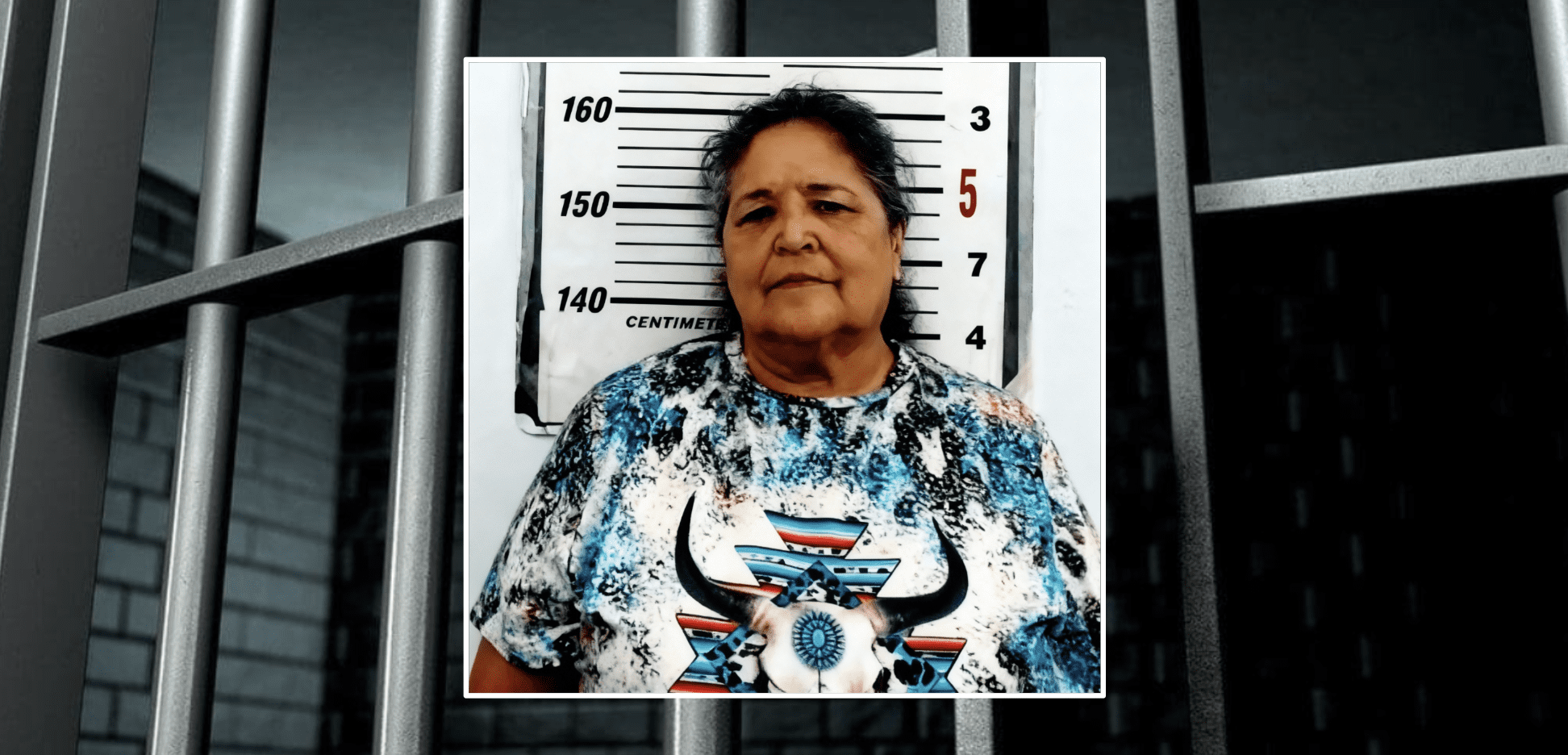In a win for secure elections in Texas, a federal appeals court upheld a state law requiring voters to provide identification numbers on mail-in ballots, a security measure already required of in-person voters.
Judges on the U.S. Fifth Circuit Court of Appeals had “no difficulty concluding” that the state’s ID number requirement “fully complies” with federal law.
The appeals court published its opinion on Monday, reversing a lower court decision barring Texas election officials from rejecting mail-in ballots with wrong or missing identification numbers.
Texas lawmakers passed the ID requirement in 2021 as part of a comprehensive plan to make voting more secure and increase confidence in fraud-prone mail ballots.
Voters previously supplied just their names and addresses when applying to vote by mail.
The Biden administration sued, along with the League of Women Voters and other private plaintiffs opposed to the election integrity law.
U.S. District Judge Xavier Rodriguez ruled in 2023 that providing a correct voter ID number is “not material in determining whether voters are qualified under Texas law to vote or cast a mail ballot” and thus the law violated the Civil Rights Act of 1964.
Texas appealed, joined by local and national Republican groups.
A three-judge panel of the Fifth Circuit Court of Appeals reversed Rodriguez’s ruling, clearing the way for Texas to continue enforcing the law.
Judge James Ho wrote in the August 4 opinion that “merely requiring mail-in ballot applications to list the voter’s name and registration address triggers significant election security concerns.”
That information is easily available to anyone who simply requests it from Texas election officials—who readily provide copies of voter files with such information upon request. As a result, any person can request and receive that information about a registered voter, use that information to apply for a mail-in ballot, and then cast the ballot, with minimal risk of detection. This insecurity was addressed when the Texas Legislature enacted the Election Protection and Integrity Act of 2021.
“We have no difficulty concluding that this ID number requirement fully complies with a provision of federal law known by the parties as the materiality provision of the 1964 Civil Rights Act,” wrote Ho.
The ID number requirement is obviously designed to confirm that each mail-in ballot voter is precisely who he claims he is. And that is plainly “material” to “determining whether such individual is qualified under State law to vote.”
Judge Ho noted courts “have repeatedly found that mail-in ballots are particularly susceptible to fraud.”
He also cited Texas Democrat politician Marc Veasey’s court testimony that “Mail-in ballots are not secure.” As a state lawmaker, now-U.S. Rep. Veasey led the challenge to the state’s in-person voter ID law.
“Plaintiffs insist that there isn’t enough evidence to show that the ID number requirement would meaningfully reduce voter fraud,” added Ho. “Texas strongly disagrees.”
“We have made clear that States have a legitimate interest in combating voter fraud, and thus enjoy ‘considerable discretion in deciding what is an adequate level of effectiveness to serve [their] important interests in voter integrity,’” Ho concluded.
“THIS IS GREAT NEWS!!! Should be Nationwide!!!” President Donald Trump responded on social media.
Texas has continued to require mail-ballot voters to provide a voter ID number—either a state-issued ID number or the last four digits of their Social Security number—as the case was litigated.
“Voter ID is one of the most crucial tools in the battle against election fraud, and I’m pleased to see the court affirm our fundamental right to defend the integrity of our democratic process,” said Attorney General Ken Paxton in a press statement. “We are going to enforce that requirement aggressively and continue to ensure that our state’s elections are secure.”
No ads. No paywalls. No government grants. No corporate masters.
Just real news for real Texans.
Support Texas Scorecard to keep it that way!





